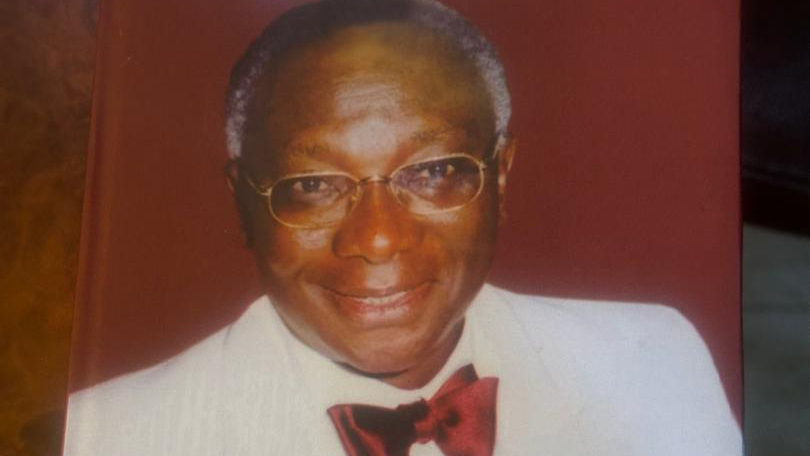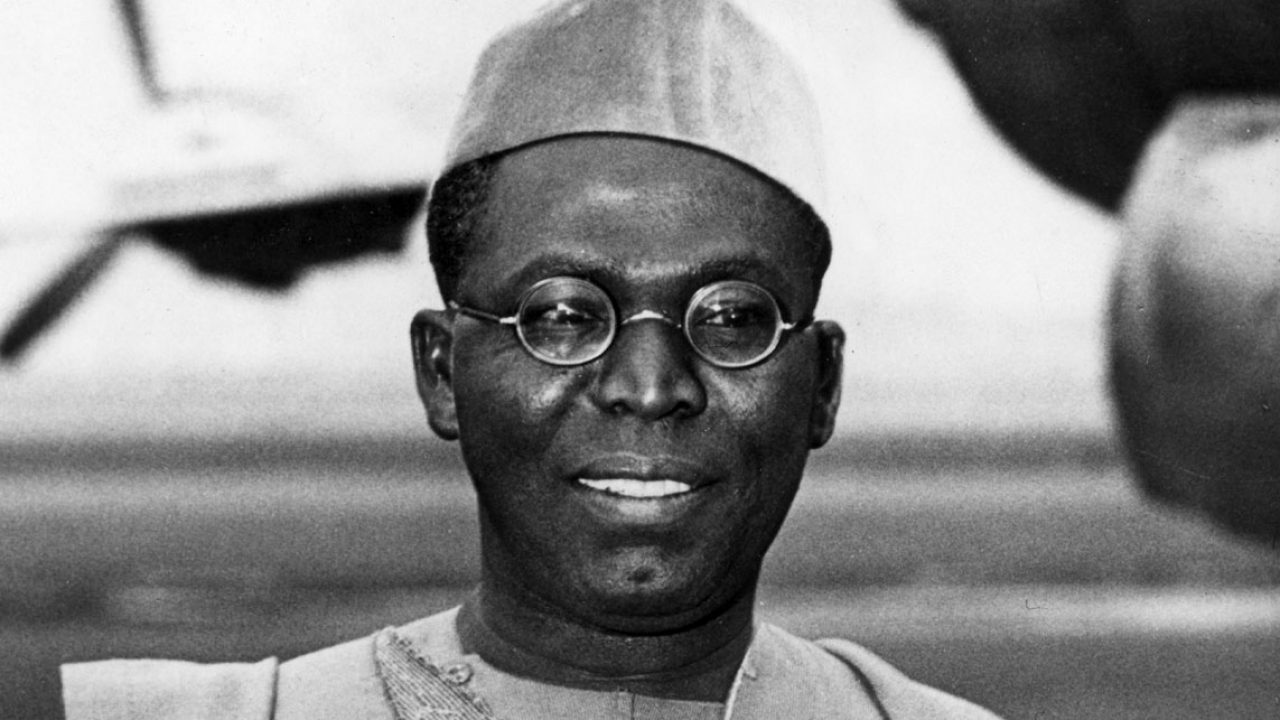As delegates prepare for the 20th International Symposium on Hearing (ISH 2025), which will be held in Vienna, Austria, from June 1 to June 6, 2025, it beckons us to critically reflect on the career transition of our students, which marks a crucial milestone in their lives, especially for those with hearing impairments globally. For college students with hearing impairments, the career transition phase is fraught with unique challenges in Nigeria, where I have closely studied and worked with these students, their teachers, and their parents. A 2020 report featured in Premium Times Nigeria indicates that at least 8.5 million individuals in Nigeria are experiencing hearing impairments. Every day, Nigerians encounter various factors that contribute to hearing impairments, including gunfire, excessive use of earphones, noise pollution, substance abuse, and unhealthy lifestyles. Unfortunately, the government’s response to the issue of hearing loss has been inadequate, leading to a significant loss of valuable contributions from those affected within society and their families.
A 2020 article authored by Ubani and Sanikpege highlighted the lack of robust statistics regarding the prevalence of hearing impairments among children in Nigeria. However, they noted that personnel from special education resource centres have indicated that in various regions, as many as 50 per cent of students may experience some degree of hearing impairment. Consequently, it is anticipated that Nigerian school teachers will encounter several students with mild to moderate hearing impairments in their classrooms.
Hearing impairment refers to a range of hearing loss, which can vary from mild to severe, impacting one or both ears. This condition may arise from problems associated with the ear itself or the auditory nerves responsible for facilitating hearing. The challenges faced by Nigerian college students with hearing impairments during career transition are multifaceted. In a 2000 study published in Ife Psychologia, Eunice Alade acknowledged that the educational experiences of Nigerian students with hearing impairments have gone through several phases, which she characterised as darkness, twilight, and dawn. The author pointed out that the superstitions held by Nigerians concerning hearing impairments have played a crucial role in shaping societal attitudes towards those affected and their pursuit of education. Another pressing challenge is the limited access to resources and support systems across schools, as found by Eseadi and Diale in their 2024 study. In many public colleges, Nigerian teachers and parents often mention the lack offacilities and equipment, such as hearing aids and educational materials tailored to the students’ educational requirements. Without these critical resources, students are left at a disadvantage, unable to fully engage in learning experiences that prepare them for the workforce. Many teachers often express frustration over the absence of basic teaching aids, noting that it impacts how they prepare these students for life after school.
Another significant issue is the shortage of specialised training for the majority of teachers to be able to cater to the career transition needs of college students with hearing impairments, as our study findings revealed. In many communities, teachers lack the necessary skills and knowledge to cater to the career transition needs of Nigerian college students with hearing impairments. Without the necessary training, even the most well-meaning teachers would struggle to provide the level of support these students require. This gap in expertise creates an environment where students may miss out on pertinent guidance that could influence their career choices and future paths.
Financial constraints also shape the career transition trajectories of Nigerian college students with hearing impairments. In the 2024 study by Eseadi and Diale, parents recounted the sacrifices they made to support their children’s aspirations, yet many still find themselves unable to afford essential resources. Parents expressed a desire for their children to explore suitable careers, but shared how difficult it is when opportunities remain out of reach due to financial strain. This financial strain can limit students’ participation in training programmes, workshops, and internships that could otherwise bolster their career transition readiness.
The pervasive discrimination and misconceptions surrounding individuals with hearing impairments add an emotional burden to both students and their families in the Nigerian context. In our study, parents of students with hearing impairment shared how stigma shapes career transition decisions, explaining how their children hesitate to pursue true interests out of fear of judgment. This stigma not only limits the career aspirations of students with hearing impairments but also dampens their self-esteem, creating a cycle of doubt that can be difficult to break. As such, the psychological toll of constantly fighting societal biases in Nigeria takes a significant emotional and mental toll on students and their families alike.
These challenges paint a stark picture, but within it lies the efforts of those who are committed to supporting Nigerian students with hearing impairments. Many Nigerian families actively seek ways to overcome existing barriers by participating in community programmes and collaborating with school teachers to provide their children with the best possible opportunities.
During the research project with Prof. BM Diale, titled, ’Perspectives on Career Transitioning of Students with Hearing Impairments’, published by IGI Global, Nigerian parents of students with hearing impairments emphasised how working closely with teachers helps ensure their children feel supported, noting that it is a constant effort, but seeing their children’s self-esteem grow makes it worthwhile. The engagement of parents with teachers signifies their unwavering belief in their children’s potential.
One promising avenue for bridging the gap in career transitions for Nigerian college students with hearing impairments is the use of early intervention programmes. Both parents and teachers underscored the importance of starting support services as early as possible for children with varying forms of hearing impairments. Early exposure to auditory-verbal therapy and inclusive education practices can significantly enhance students’ readiness for career transition. Many teachers noted the value of individualised plans that include career goals, observing that when expectations are set early and supported properly, students show remarkable progress. Early intervention not only aids in developing necessary skills but also instils a sense of self-assurance in students, encouraging them to envision brighter futures.
Career counselling tailored to the specific needs of students with hearing impairments is another strategy that has shown promise. Such counselling helps students with hearing impairments understand their strengths and align them with career options that match their interests and abilities. Many Nigerian parents acknowledged that workshops and programmes that teach their children about different career paths give them hope and direction. School teachers, too, seek to advocate for more career guidance programmes that would include real-world exposure through internships and mentorships. They believe that these experiences would not only prepare students with hearing impairments for the professional world but also reinforce their confidence in their own capabilities.
Technology integration is another powerful tool for fostering the career transition of students with hearing impairments. Both Nigerian parents and teachers noted the positive impact of available assistive devices and educational technology tools in enhancing learning and communication among students with hearing impairments.
Meanwhile, some recent studies have observed that teachers use digital tools and visual aids in classrooms to teach creative skills that translate into career opportunities. For many students with hearing impairments, technology not only facilitates learning but also equips them with skills that are highly valued in modern workplaces. From basic software proficiency to more advanced digital literacy, the use of technology can prepare students with hearing impairments to thrive in competitive job markets.
Mentorship and partnership programmes can further empower these students by providing role models and collaborators who understand their experiences. Pairing students with hearing impairments with mentors who have successfully navigated similar paths can inspire confidence and provide practical guidance in their career transition process. Parents suggested that if their children could meet someone who has faced and overcome similar challenges, it would show them that their goals are possible. Teachers highlighted how partnerships with local businesses can lead to job placements and give employers firsthand exposure to the strengths of these students.
To truly improve the career transition outcomes for college students with hearing impairments, it is essential to also address employer education and sensitivity training. Raising awareness about the capabilities of those with hearing impairments can help dismantle employer misconceptions and foster a more equitable work environment. In this respect, parents pointed out that if employers understood the abilities of their children and the accommodations they may need, opportunities would be more accessible. On the other hand, sensitivity training can pave the way for a workplace culture that values diversity and inclusion. When employers are educated about communication strategies and reasonable accommodations, they are better equipped to support employees with hearing impairments and create a welcoming atmosphere.
Overall, we can see that the career transition journey for students with hearing impairments is undeniably challenging, but it is also marked by increasing support from parents and teachers across communities. The career transition process of these students reminds us that while challenges exist, they are not insurmountable. By acknowledging the challenges early, advocating for necessary interventions, and promoting mentorship and partnerships, we can create a pathway where these students can transition successfully into fulfilling careers and a future that reflects their potential.
Dr Eseadi writes from the University of Johannesburg, South Africa






